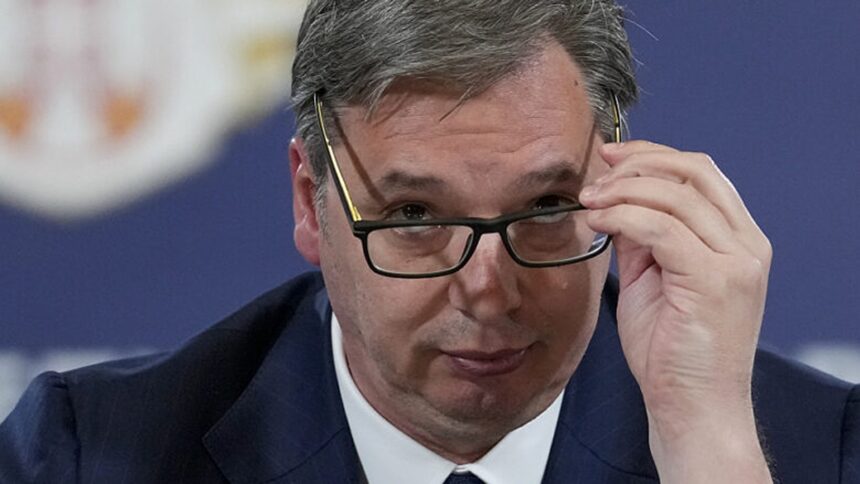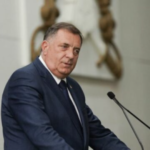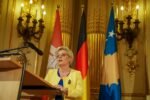President of Serbia, Aleksandar Vučić, has announced that the National Security Council of Serbia will convene urgently after the final court ruling in Bosnia and Herzegovina sentencing the Republika Srpska president, Milorad Dodik.
According to Vučić, Serbia has not faced a situation this difficult or been under such intense pressure since 2008, the year when Kosovo declared independence, a move that Belgrade continues to reject.
Since 2008, Serbia has confronted numerous crises, including devastating floods, the migrant crisis, the COVID-19 pandemic, the war in Ukraine, and various provocations in Kosovo, including attacks related to Srebrenica.
On August 1st, 2025, Dodik was sentenced by a final verdict for disregarding decisions by the High Representative. The court upheld the initial sentence from February 26th, which included:
- One year imprisonment
- A six-year ban from holding political office
“Our entire state – leadership and I personally – are under great pressure today,” Vučić said. He added that throughout the day, foreign actors have demanded Serbia’s response.
Vučić confirmed that he has called an urgent meeting of the National Security Council for Saturday to address the situation surrounding Dodik’s sentencing.
The Bosnian court declared the judgment was delivered on August 1st, with no right of appeal allowed.
In a special press conference in Banja Luka, Dodik rejected the ruling, stating:
“The institutions of Republika Srpska will decide their stance on this issue. I will accept any decision made by Parliament, but I do not accept this verdict.”
Dodik also announced that the RS Assembly will adopt new measures and prepare a clear plan to resolve the crisis, though without providing details.
He expects support from Serbia, and plans to seek backing from Russia and the United States.
Dodik’s lawyer announced intentions to appeal to the Constitutional Court of Bosnia to overturn the ruling.
Dodik was found guilty of signing decrees that enacted laws previously annulled by the High Representative, Christian Schmidt. These laws aimed to block the enforcement of decisions by Bosnia’s Constitutional Court and the High Representative in Republika Srpska.







